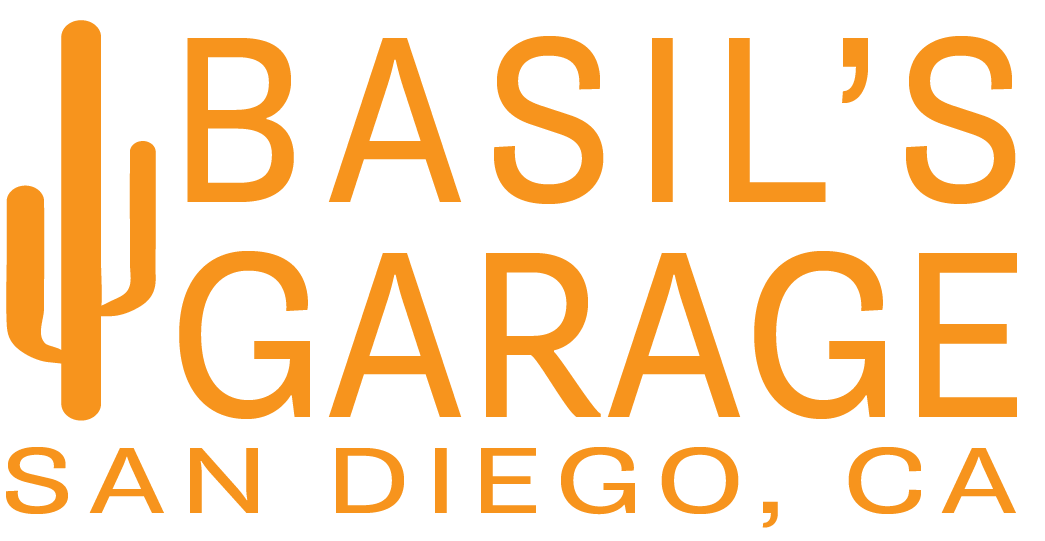Baking for Beginners- DID's Basic Baking Tips
significant socio-economic impacts.. H. umans.
This digital shift not only enhances efficiency and collaboration but also opens new avenues for innovation in project analytics and stakeholder engagement.. 3.Innovative Construction Methodologies:.

The podcast delves into the potential of modern construction methodologies, such as offsite manufacturing and modular construction, to address industry-wide challenges like labour shortages, safety concerns, and environmental impact.Professor Whyte advocates for a standardised approach to components and systems, which can lead to improvements in quality, speed, and sustainability of construction projects.. 4.Collaboration Across the Industry:.

A recurring theme is the necessity for collaborative efforts among all stakeholders, including government, industry, and academia, to foster innovation and systemic change.Whyte highlights initiatives like Project 13 and the Transforming Construction agenda as models for how the industry can move towards more integrated and outcome-focused project delivery methods.. 5.

Sustainability and Responsibility:.
Finally, the discussion acknowledges the critical role of the construction industry in addressing global challenges such as climate change and resource conservation.As much ‘intelligence’ as possible is then placed in the interfaces (e.g.
bracketry which is self locating to control tolerances and is colour coded to ensure correct application etc.)The ‘intelligent’ components are small, manually handleable and accurately mass produced..
The level of bespoke production is thus focussed on far less tonnage than designs for e.g.traditional steel composite or flat slab solutions.. Repeatable, standard elements such as the brackets and temporary works are designed to be robotically fabricated directly from the digital library.
